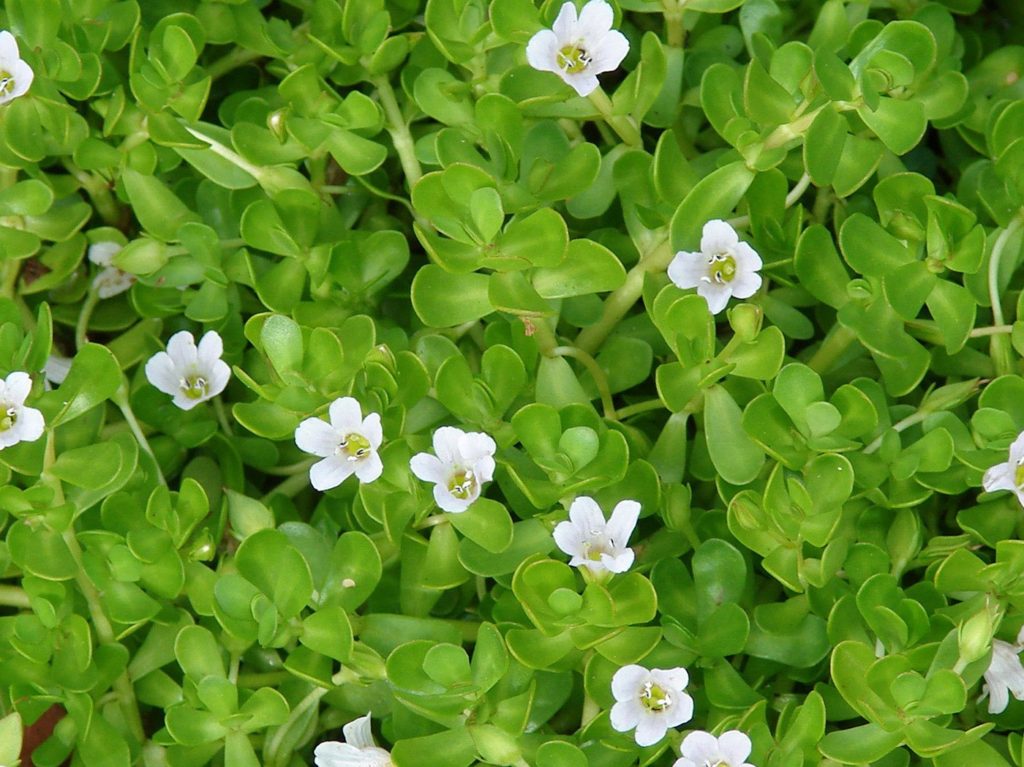
Alternative medicine is becoming more popular all around the world. There is always research for useful and safe drugs, as well as new applications for old ones. Brahmi is a centuries-old Ayurvedic medicinal herb. Certain neurological illnesses have few treatment options in Western medicine, so hospitals and research institutes around the world are increasingly turning to Ayurvedic medicine for more effective and safer possibilities.
Brahmi is a well-known nootropic herb with a long history of use in neurological and psychiatric illnesses. Its efficacy and safety are supported by thousands of years of knowledge and experience.
Despite being a very old drug, its novel benefits are always being explored and analysed by researchers. As far back as Vedic times, Brahmi has been considered one of the most sattvic medicines in Ayurveda.
Both in the developed and developing worlds, the usage of herbal products has expanded dramatically in recent years. Brahmi is a valuable medicinal herb that has long been used to treat a variety of ailments and is gaining popularity in the West.
Brahmi is a Sanskrit word that means “Lord Brahma” or “Brahman” in English. Lord Brahma is the Hindu god who is in charge of all the world’s creative energies, and Brahman is the Hindu term for cosmic consciousness.
Brahmi is a rejuvenating herb that has been used by Ayurvedic medicinal practitioners in India for about 3000 years. The herb was listed in various Ayurvedic treatises, including Charaka Samhita and Sushruta Samhita.
The ancient Ayurvedic sages, ayurvedic vaidyas, revealed Brahmi’s role in promoting Ayushya (longevity), Rasayana (rejuvenation), Medhya (intellect), Jivaniya (life energy), Nidrajanana (sleep), Dhana (wealth), Svara (voice), and Varna (complexion), Hrdaya (Heart), nervous system rejuvenation, and Balya (mental strength),
And in older centuries, the Brahmi was used in the treatments like Kustha (skin disorder), Pandu (anaemia), Meha (diabetes), Vatahara (Vata), Unmadahara (mental illness), Asra Vikara (blood disorders), Kasa (cough), Jwara (fever), Unmada (insanity), Alaksmi (inauspiciousness), Apasmara (epilepsy), Ruk (pain).
The entire plant can be utilised to treat a variety of ailments. It has a bitter and sweet flavour (Rasa), as well as cooling energy and a sweet post-digestive impact. It balances all three Doshas as well as all Dhatus (tissues), particularly nerves, blood, and plasma. It helps to boost your internal systems, including the circulatory, digestive, neurological, excretory, muscular, and reproductive systems.
Brahmi is one of the most effective medicines for regulating and renewing Pitta while also lowering Kapha. It improves the Sadhaka pitta quality, which has a direct impact on the nature of consciousness. If taken in the right amounts or in combination with other anti-Vata herbs, it can help to balance Vata. It helps the body heal from fatigue, stress, debility, and Vata aggravation.

Leave a Reply